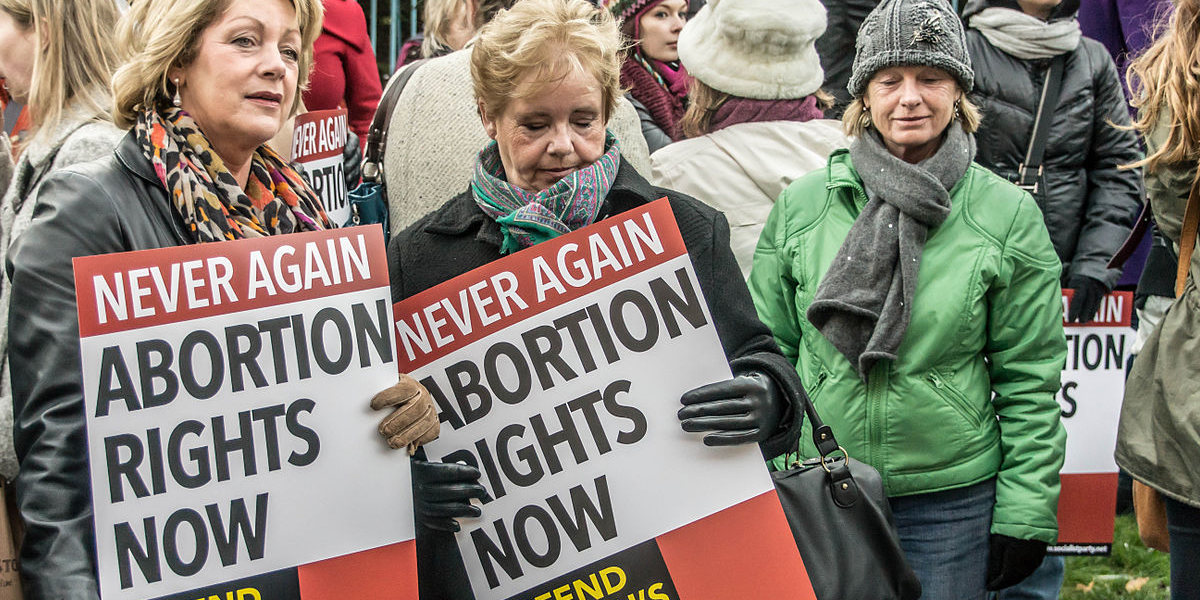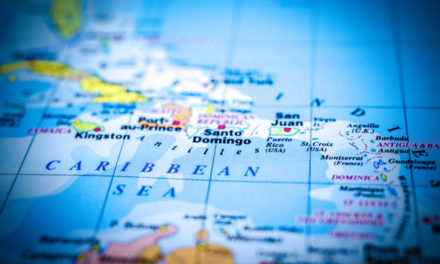In a landmark ruling this week, a High Court in Belfast ruled that Northern Ireland’s strict abortion laws were in violation of basic human right laws.
The case was brought forward by Sarah Ewart, a woman who was denied an abortion in 2013, despite doctors saying her baby would not survive outside of the womb. Ewart travelled to the UK for her termination and spent the last six years campaigning so women in Northern Ireland would not have to undergo the same traumatic experience.
The judge involved revealed that she had ruled in Ewart’s favour as it was not “right to ask another woman to relive trauma already experienced”. While Ewart declared that the ruling was a “turning point for women”.
Current Abortion Laws
Northern Ireland is known for having one of the strictest abortion laws in Europe. The 1964 Abortion Act for England, Wales and Scotland was unfortunately not extended to Northern Ireland. Abortion in the region is only permitted under strict circumstances, it requires the woman’s life to be at risk from the pregnancy or the danger of permanent and serious damage to the woman’s mental or physical health. However, in cases of rape, incest or fatal foetal abnormality, the law denies any termination.
For women who are found guilty of undergoing a termination, there is risk of profound criminal punishment including possible life imprisonment. In certain situations, the doctor who carried out the procedure can also be subject to a penalty.
2019 Northern Ireland Bill
However, change may be on the horizon for Northern Ireland after MPs in Westminster voted for legislation requiring the government to liberalise abortion – and same sex marriage – if devolution is not restored by 21st October. Since 2017, the Northern Ireland government has been experiencing a deadlock between two main political parties. Unless this is resolved before the deadline, the legislation will be extended to Northern Ireland.
However, many pro-choice campaigners say there is still miles to go in the uphill battle. Providing safe abortion clinics where women feel like their needs are met without fear of punishment or harassment will take longer than implementing the law. One thing is for sure, without the continuous fight from women like Sarah Ewart and other activists, Northern Ireland could not hope to be this close to the finish line.
- This Artist is Making the Underwater Arena His Canvas - 28th April 2021
- A Video Game that Promotes Peace and Conflict Resolution - 15th March 2021
- Netflix’s ‘Living Undocumented’ is a Difficult Series to Watch, and Exactly Why We Should - 9th March 2021






